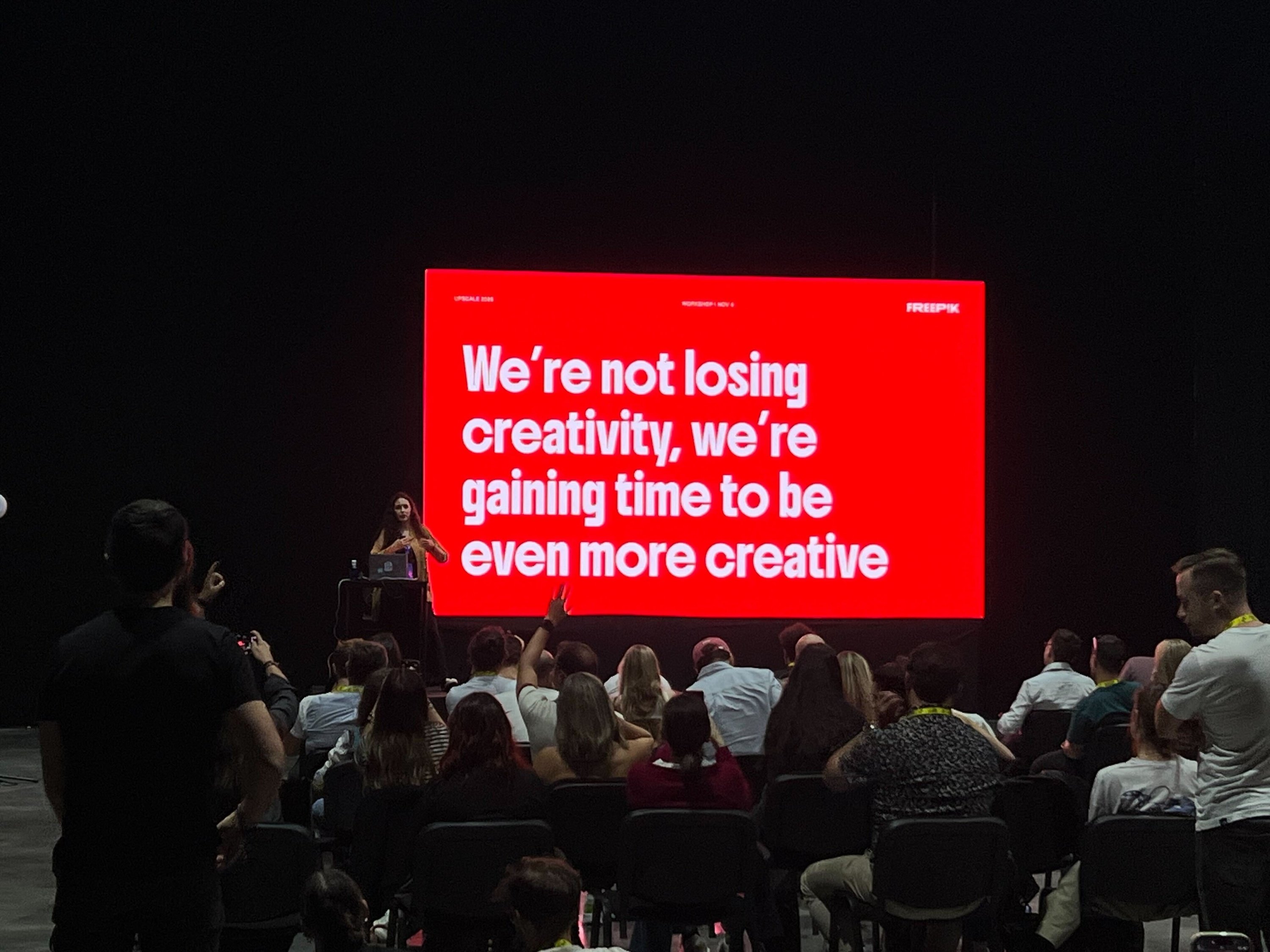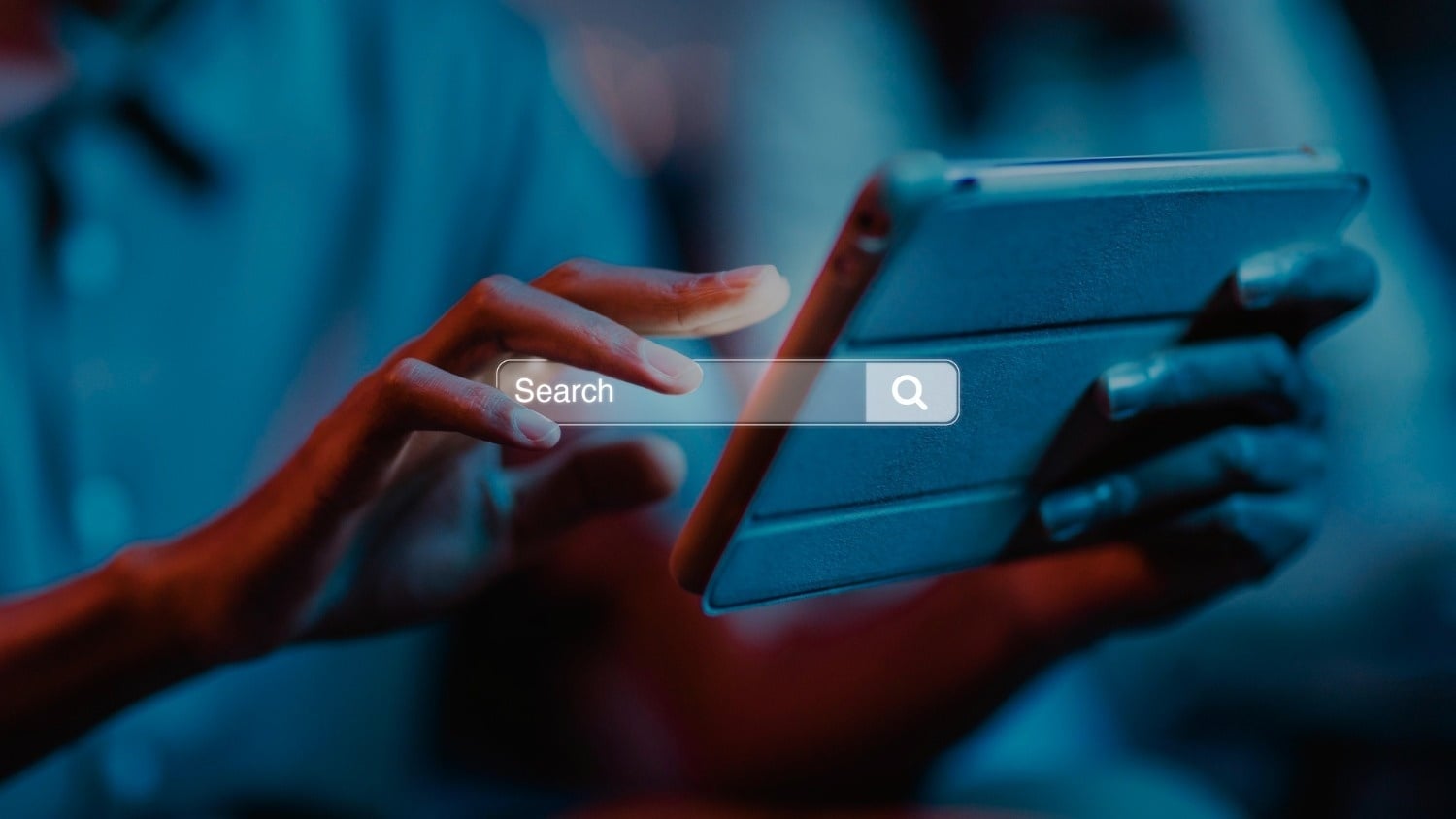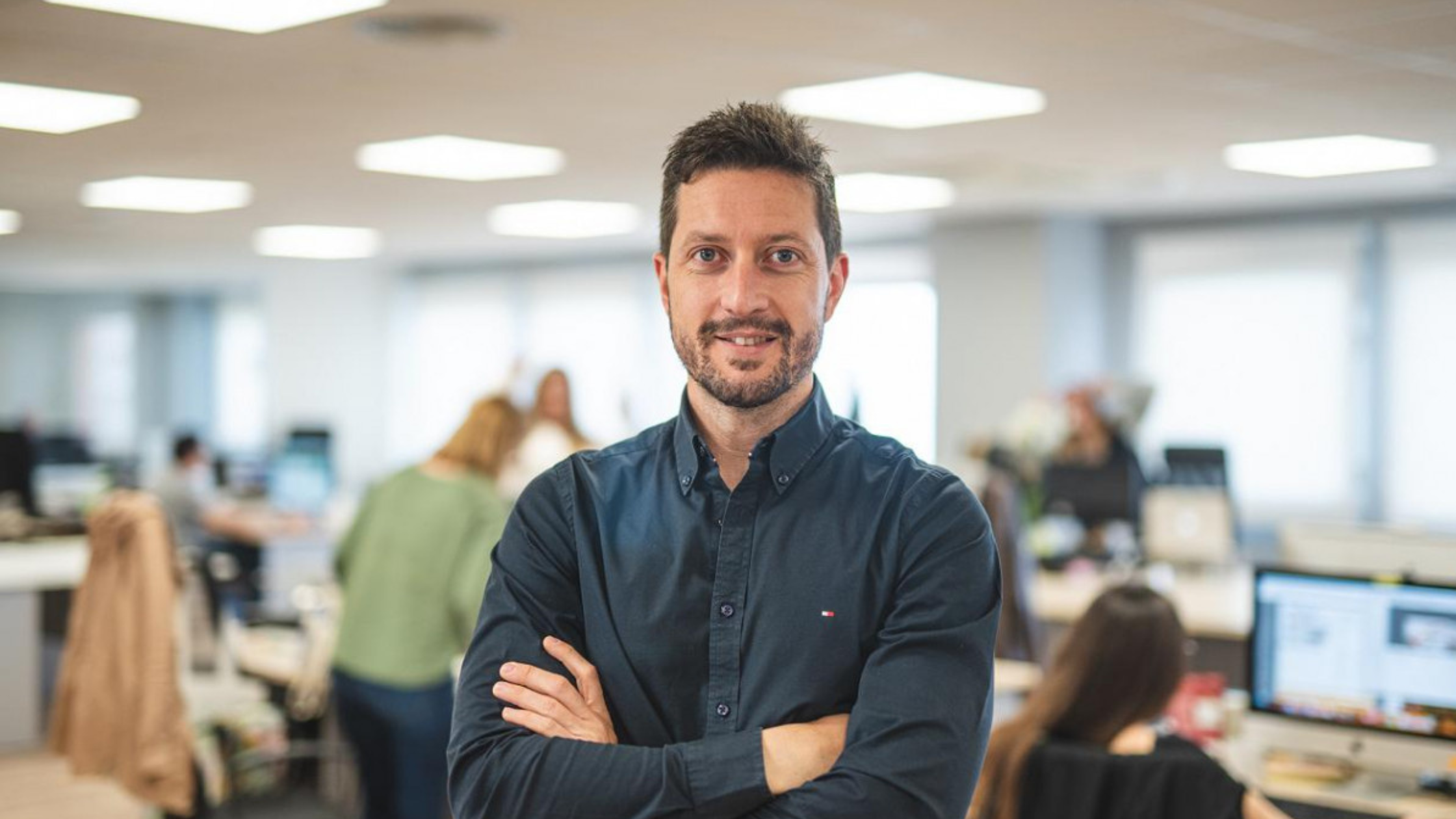FOMO, FOMU or FOMA: Where does your company stand in terms of AI implementation?
Events 11/11/2025In the span of three weeks, we've had the opportunity to attend two major events where, unsurprisingly, Artificial Intelligence was the undisputed star. We're talking about the Google Partner Summit, held in Dublin from October 21st to 22nd, and the Freepik Upscale Conf, which took place last week at the Sohrlin Andalucía venue in Málaga. Both events had a distinctly commercial focus (credit where credit is due), but they were also incredibly motivating (politeness doesn't preclude courage).
Google needs no introduction, so we'll spare you the details. And since we're on the topic of AI, according to Google Overviews, Freepik is an online platform offering a vast collection of graphic resources (both free and paid), which has evolved to include one of the most comprehensive catalogs of LLMs for generating and/or editing images and video from text (among other forms of prompting). At Paraty Tech, we know both companies very well because they're part of our daily work.
These events often fall into the trap of focusing too much on the "what" and not enough on the "how." It's the classic case of "wanting people to take advantage": you leave fascinated by all the possibilities, and soon you're overwhelmed by not knowing where to begin. However, we must acknowledge that, on this occasion, the program content achieved a more than reasonable balance between inspirational, educational, and commercial. All of this was accompanied by exceptional organization designed to make attendees feel like the true stars of the show.
A very sensible and intelligent approach considering, on the one hand, that they depend heavily on users (Freepik boasts a whopping 8 million unique monthly users) and digital marketing agencies like ours (which manage more than 80% of Google's advertising business) for their respective business models to continue thriving, and on the other hand, their significant investment (85 billion dollars by 2025 from Google) and undeniable commitment to this technology that evolves almost weekly.
Craftsmanship is the source code
The most repeated phrase during these enriching sessions, or rather the concept, would be something like , “AI won’t take your job, but the person who knows how to use it better than you will.” Reading between the lines—and this is one of the most hopeful reflections we take away (a pointed jab at all the “haters” who have rejected it from the start, which is why they’ll be the first to fall behind)—AI is “just” a tool. As much and as little as that.
In other words, and to put it very simply, those who didn't do good marketing, good processes, good videos, or good photos before AI will continue not to do so (they'll probably work faster, or more easily, or both, but not better), and those who did will continue to do so. But now, they will also have an unprecedented resource at their disposal to maximize their capabilities, skills, and creativity . Several noteworthy quotes related to this idea (we've left them in English, which is how we received them and, besides, they sound better):
“Never forget AI needs you more than you need AI”
“AI is not about quantity (efficiency), it's about quality (effectiveness)”
“Efficiency is just the floor, the ceiling is transformation”
“You don't need an AI strategy, you need AI to lead your strategy”
“Craft is the source code to avoid the danger of falling in the sameness”
AI is the Fourth Industrial Revolution, where are you at?
Does anyone still doubt it? It's time to accept this reality: we are immersed in the Fourth Great Industrial Revolution of humankind's era .
- First Industrial Revolution (mid-18th - mid-19th century): the steam engine and coal.
- Second Industrial Revolution (mid-19th - early 20th century): electricity, oil and mass production.
- Third Industrial Revolution (mid-20th century): electronics, computing and nuclear energy.
- Fourth Industrial Revolution (21st century): digitization, artificial intelligence and renewable energies.
The scenario they described essentially involved three areas where the business landscape is divided :
- FOMO (Fear of Missing Out) : In order to communicate their innovative attitude, and to avoid appearing outdated, many companies are content to remain on the surface of the true potential of AI, while still trying to find real applications that positively impact their processes, bottom line, etc.
- FOMU (Fear of Messing Up) : In this case, companies are clear that they must go a step further, but then the fear of making a mistake arises, of undertaking investments (of money and time) without guarantees of results.
- FOMA (Focus on maximizing my AI advantage) : only a small sample of companies are in this group, and after succeeding in their first steps, they now focus on maximizing that competitive advantage they have identified.
One of the keys lies in the way AI-related guidelines circulate, which in most cases come from "above," from a management team obsessed with a topic that everyone is talking about. But with AI, we shouldn't be afraid to experiment, and improvements can come from any point in the hierarchical structure, applying a kind of "reverse mentoring" (from the bottom up): learning by doing and sharing not only the result, but everything learned during the process. Let's not be afraid of our teams experimenting…
This is a marathon (AI will likely be with us for life), not a sprint, and being first isn't always synonymous with being the best. At Paraty Tech, we understand this perfectly, and we'll soon be releasing some of the applications we've been working on for the past few months, with the goal of continuing to improve solutions like our booking engine, our analytics tools, and our CMS . Keep calm and stay tuned…





















